A few years ago, the Wayfair case was everywhere. It changed the landscape regarding sales tax nexus and registration requirements for remote sellers all across the country. Let’s talk about what the case may mean for you and your business. For some people, it means very little. For other people, the world exploded.
Your registration requirements depend on what you do and the level of your sales in some states. Until recently, when companies expanded into additional territories people making nexus determinations used a basic rule of thumb, the Supreme Court case Quill. The case said states could not require companies with no physical presence to register to collect and remit use tax from customers.
Wayfair & Sales Tax Registration Requirements
Prior to the Wayfair case, if you did not have people, including independent contractors, affiliates, salespeople, etc., inventory, locations, or equipment, in the state you did not have nexus for sales tax purposes. You were not required to register to collect use tax for a state if you sold products to people in the state if you used a common carrier, i.e. FedEx, UPS, USPS, DHL, Whiplash Fulfillment, etc. to deliver it and your company had no physical presence.
Then everything changed… The Supreme Court ruled that states have the right to impose a registration requirement on companies that don’t have a physical presence in the state if certain parameters are met. The case is South Dakota vs. Wayfair, Inc. et al.
What does the ruling mean to you? It depends…
Companies with Physical Presence
Let’s look at how Wayfair affected construction companies and other companies that require people to enter a jurisdiction to deliver a product or service.
There are two areas states review when performing audits: sales and purchases. We are going to review both areas. The new law of the land means nothing to you in terms of your responsibility to register with state authorities to collect and remit sales and use tax. If you have people, property, locations, inventory, or equipment in a state, you probably had to register to collect and remit sales or use tax before the passage of the case.
You will see companies that have nexus under applicable state laws charge use tax. Instead of accruing use tax on taxable out-of-state purchases and remitting them on your state sales and use tax return, you may remit use tax directly to the vendor who will turn the tax in on your behalf. The use tax was due before the ruling. The only change will be that instead of accruing the tax the vendor will collect it, if they have nexus under governing state law.
Companies with No Physical Presence
of tangible personal property (physically or electronically) must do a new analysis of whether they have nexus. States are no longer limited to requiring companies with a physical presence to register to collect and remit use tax from customers. We are going to review the same areas.
Companies that sell tangible personal property must revisit state laws regarding nexus. There are several states that have passed laws that require companies that make (1) $100,000/$250,000 or more in sales to people in the state or (2) have 200 or more separate transactions with people in the state to register to collect and remit use tax even if they do not have a physical presence in the state. There may be additional considerations when determining if registration to collect and remit use tax is mandated. Registration requirements vary by state.
You must analyze your sales levels and volume levels to determine if you have a registration requirement. Some folks think that it will take states 12-18 months to exercise the right to require companies to register to collect use tax, if they choose to exercise that right. That may be true in some cases but it is not true in others.
In terms of purchases, refer to the section on purchases in this article. The changes are the same. Instead of accruing use tax, vendors may begin to collect and remit use tax if they are required to register.
Key Takeaways
The key takeaway is to recognize that registration requirements have changed. Businesses do not have to have a physical presence in a jurisdiction in order to meet sales tax registration requirements. Be proactive regarding understanding requirements and thresholds in the jurisdictions where you conduct business and seek help if you need it.
Still scratching your head about this? There are resources out there to help. Check out our whitepaper or schedule a free consultation. We’d love to help you navigate the issue.




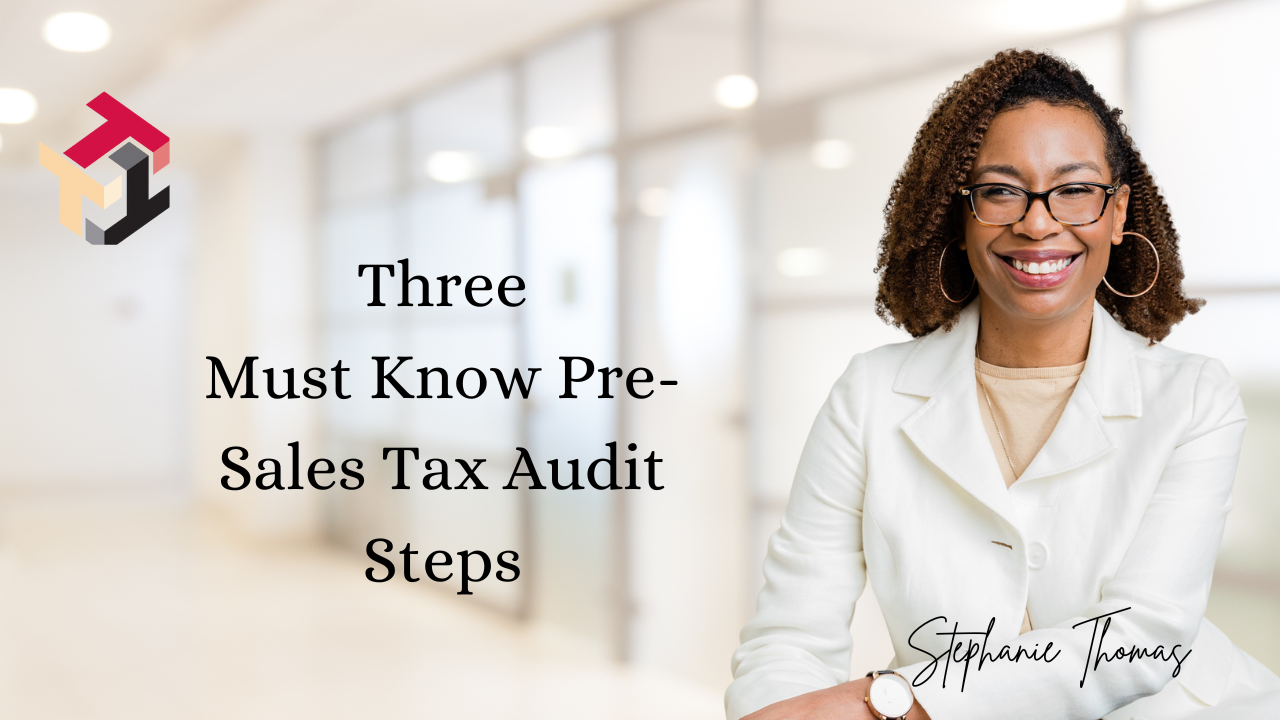

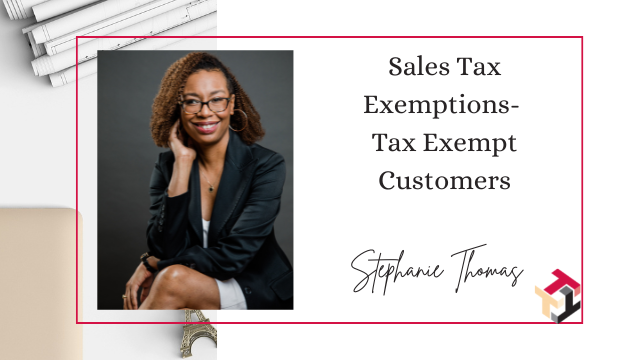


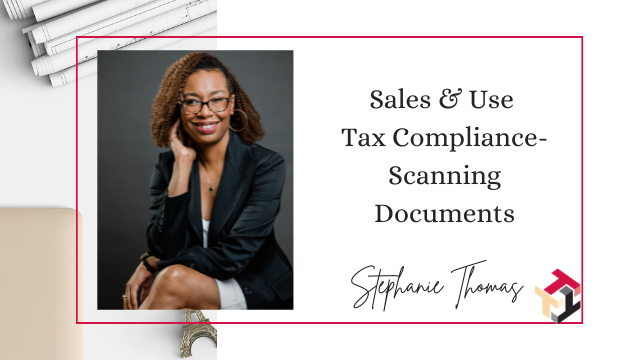






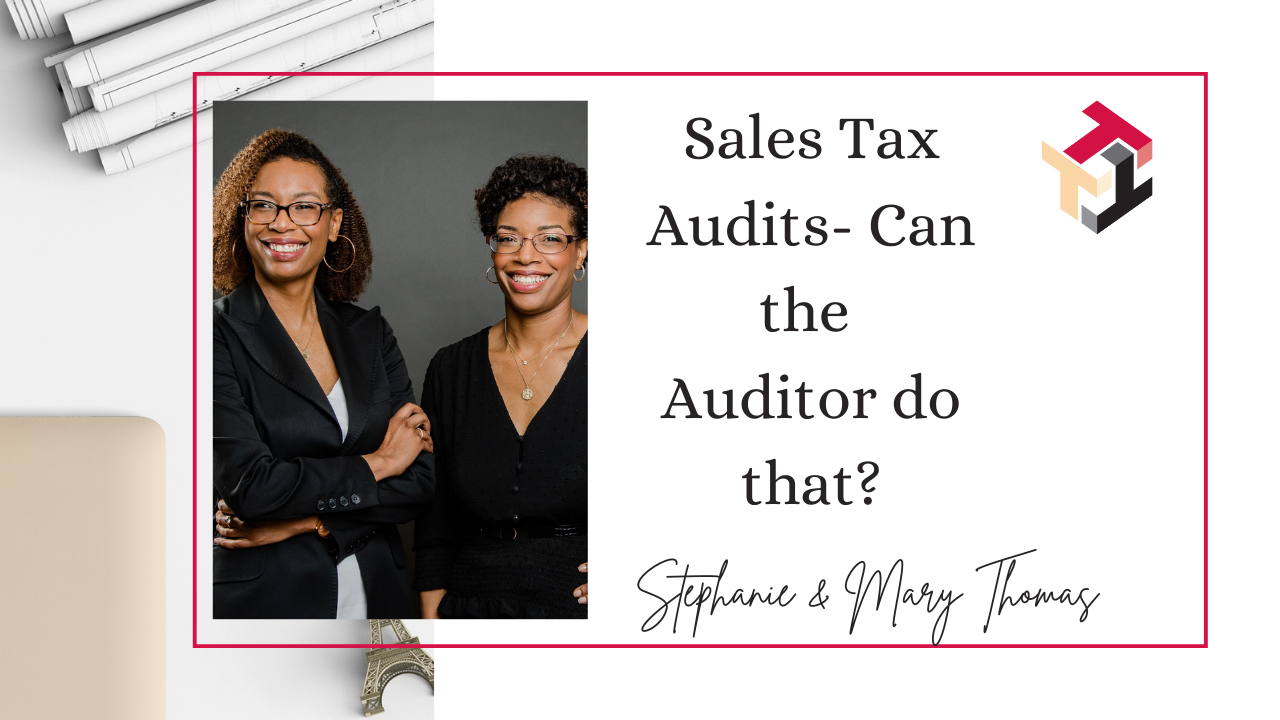


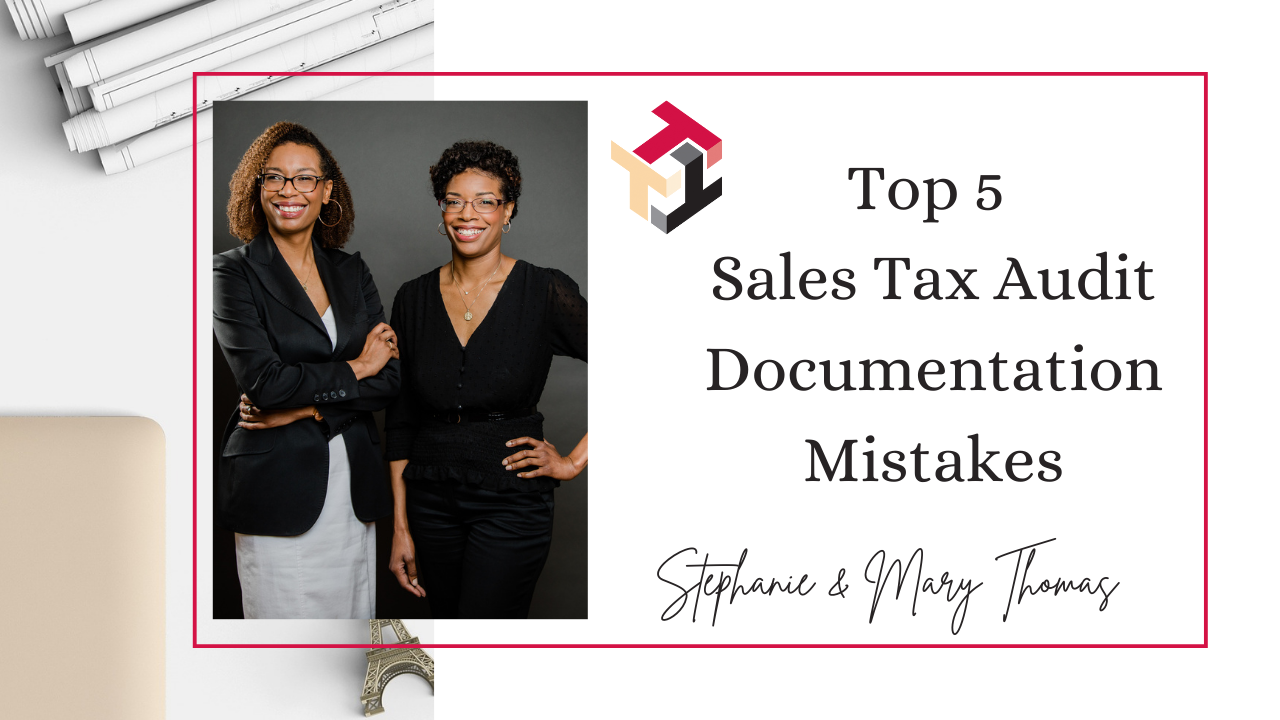

0 Comments